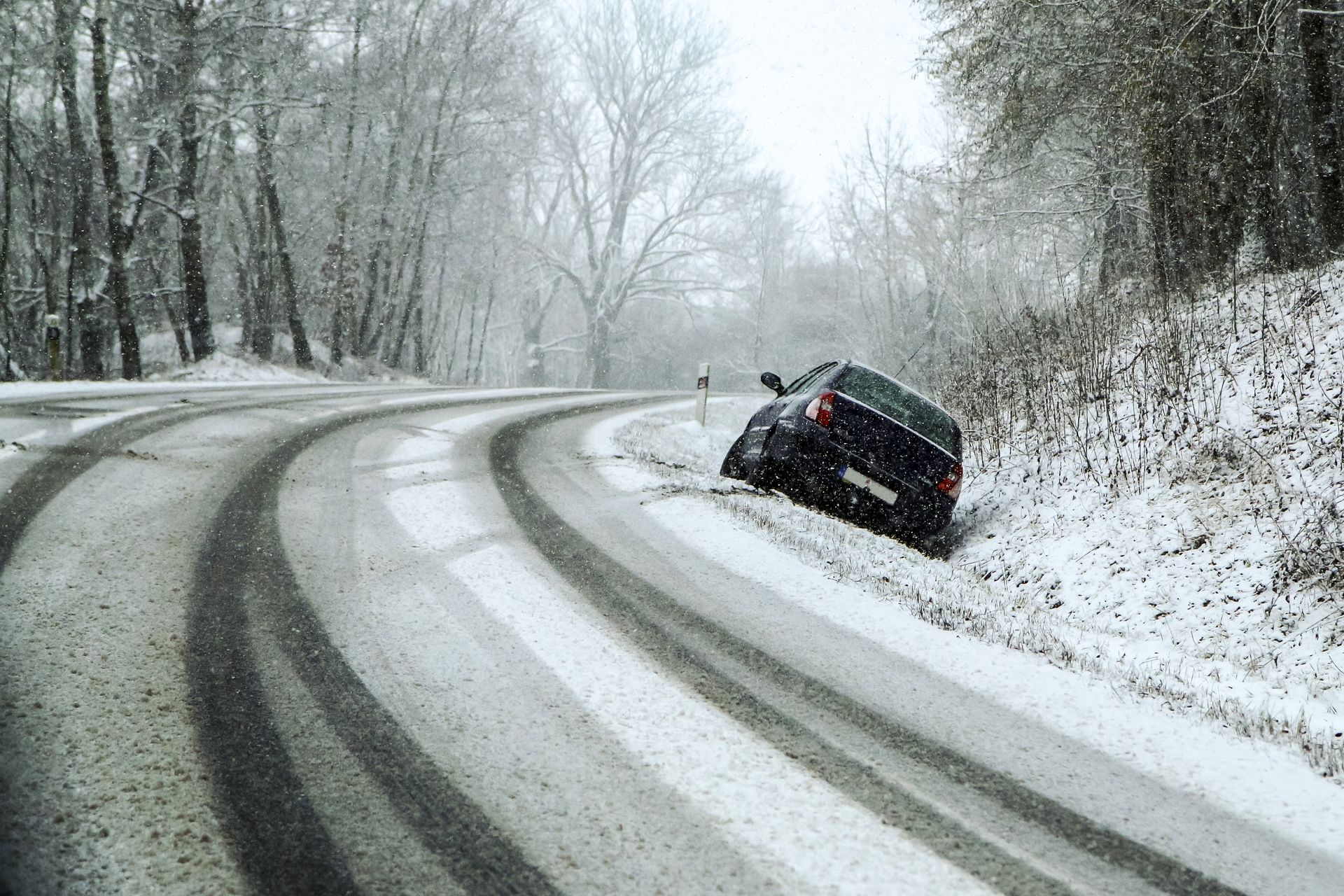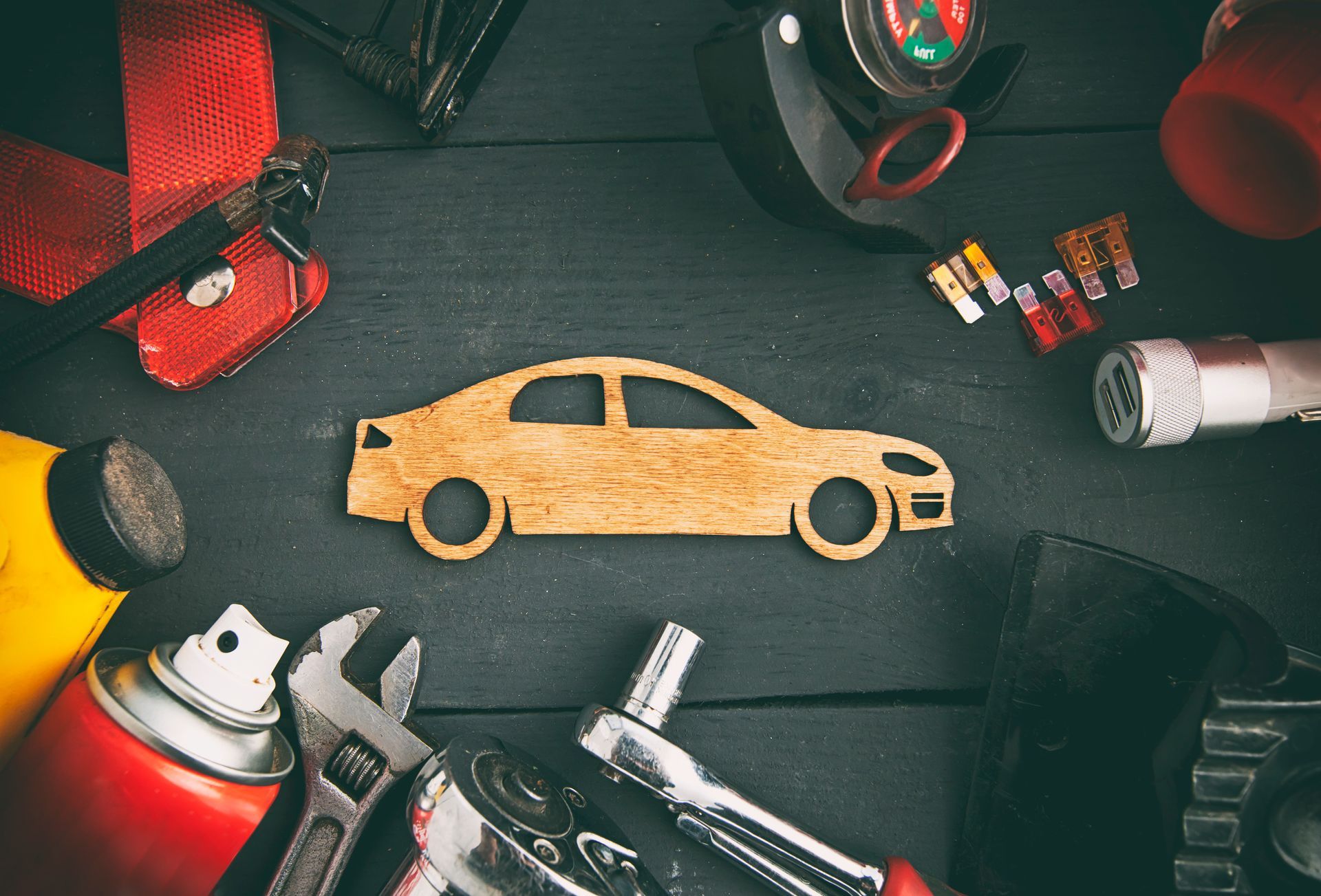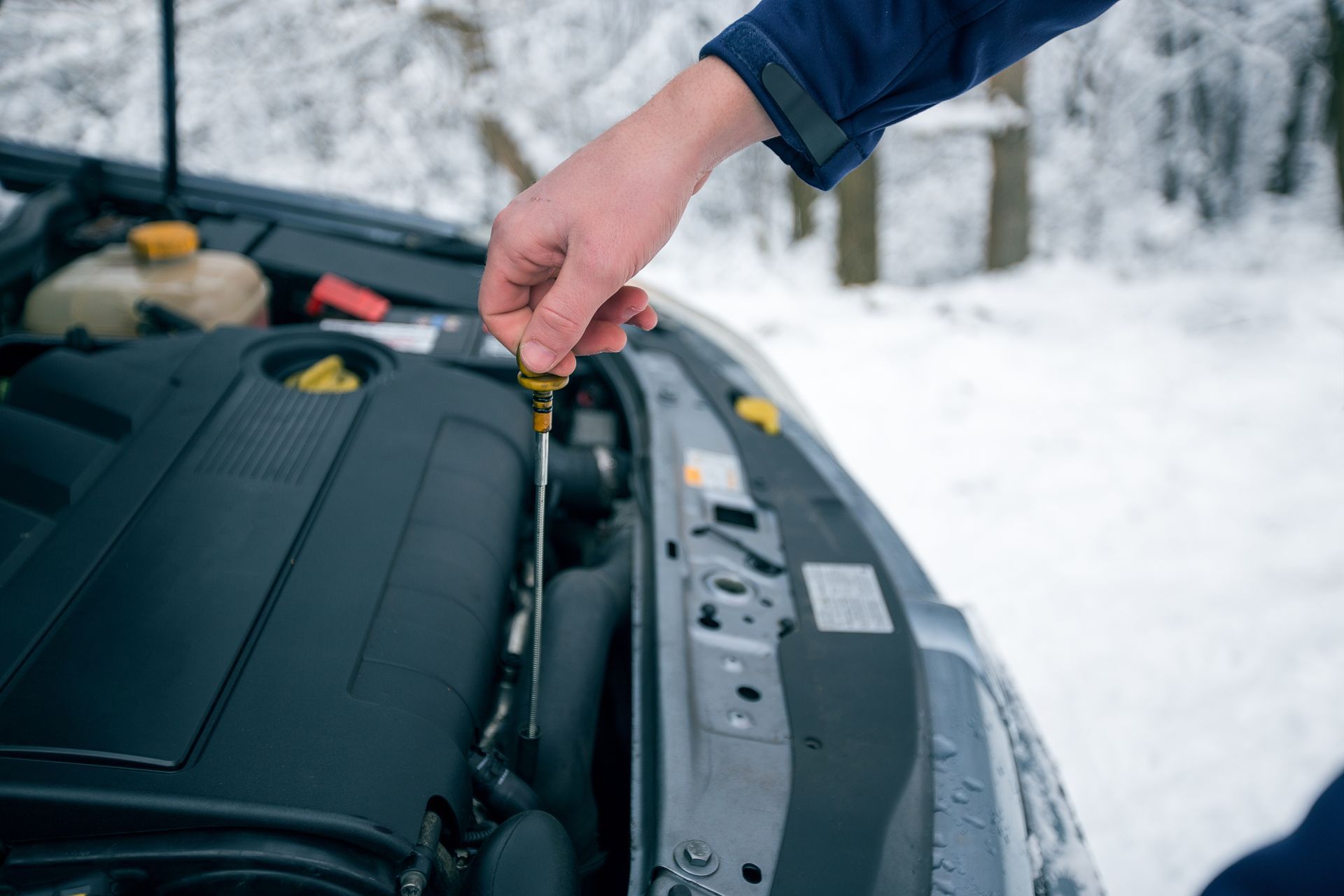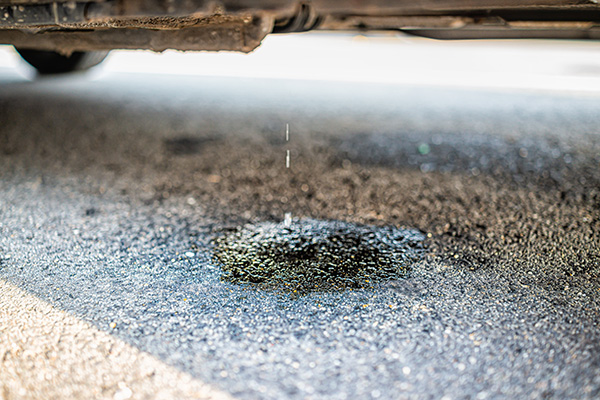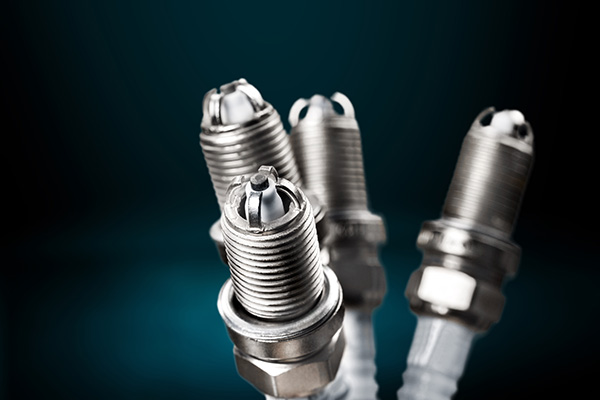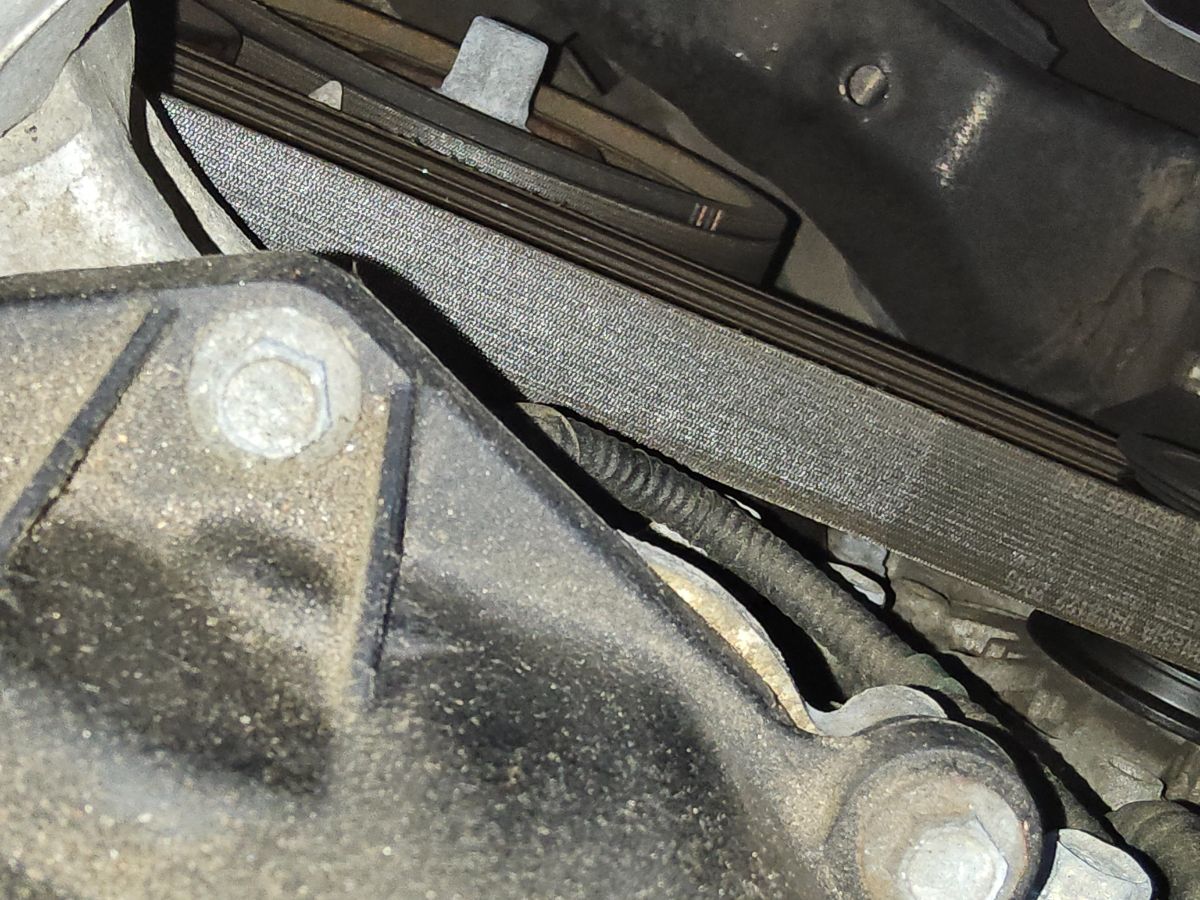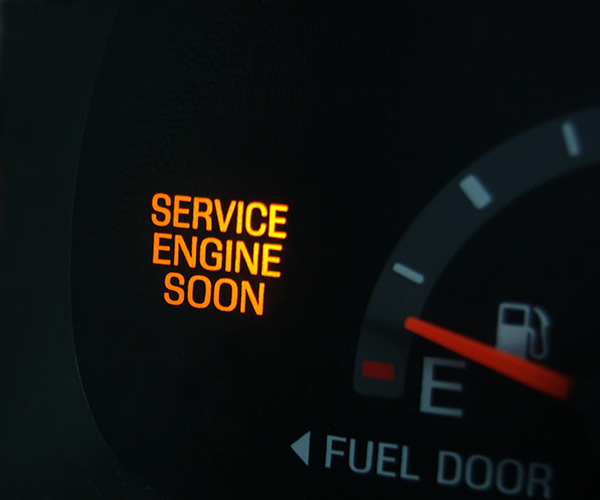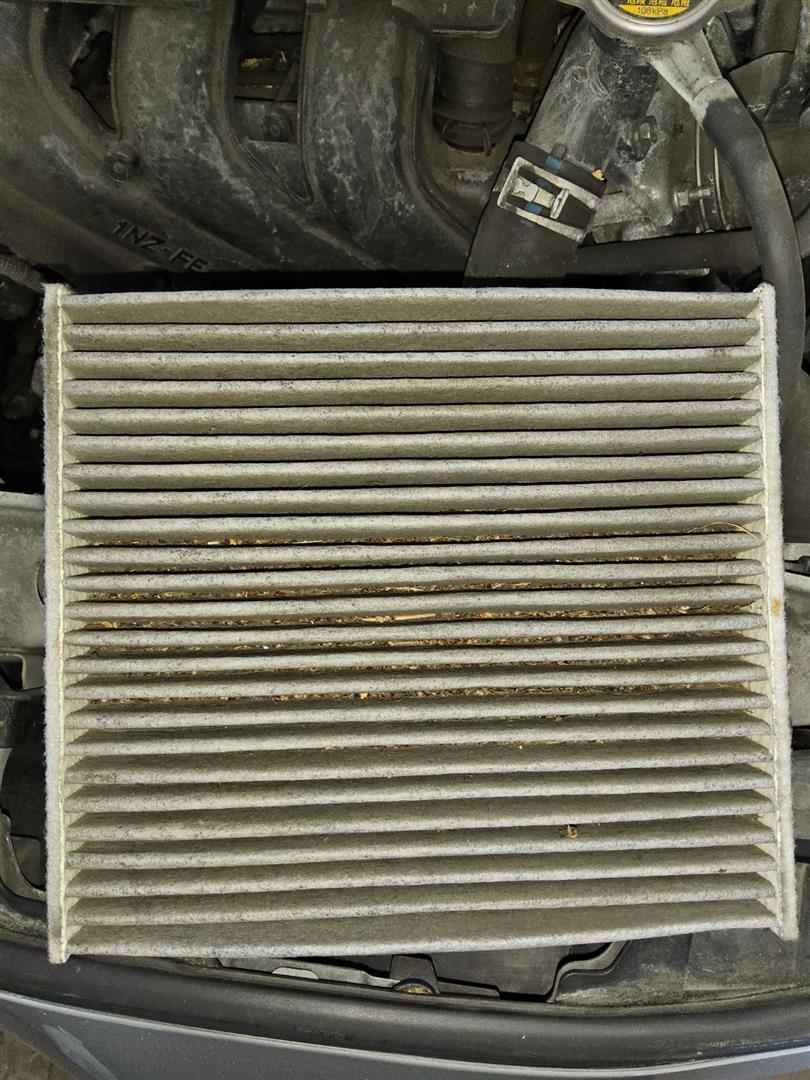
Fuel efficiency is a big concern for most drivers, especially with rising fuel prices and busy daily commutes. While many factors can affect how far your gas goes, one often overlooked component is your engine air filter. It may not seem like a critical part of your fuel system, but a dirty or clogged air filter can directly impact how efficiently your engine burns fuel and, ultimately, how much you spend at the pump.
If your car’s been running rough or your fuel economy isn’t what it used to be, your air filter could be part of the problem.
What the Engine Air Filter Does
The engine air filter prevents dust, dirt, pollen, and debris from entering the engine's intake system. Clean air is vital for combustion, and your engine needs a precise mix of fuel and oxygen to run efficiently. When the filter is clean, air flows freely into the engine. But when it becomes clogged with dirt and particles, airflow becomes restricted, and the engine has to work harder.
Modern engines rely on sensors to adjust the air-fuel mixture, but they can only compensate so much. If air is restricted, the engine may burn more fuel than necessary or suffer from reduced power and responsiveness.
How a Dirty Filter Affects Fuel Economy
When the air filter is clogged, the engine may run "rich," meaning it uses more fuel than necessary to compensate for the limited air intake. That can result in lower miles per gallon, especially in city driving conditions where acceleration and deceleration are frequent.
You might also notice sluggish performance, rough idling, or hesitation when pressing the gas pedal. These are subtle signs that the engine isn't receiving the necessary airflow, and the excess fuel being burned is being expelled straight out of the tailpipe instead of powering your drive.
How Often Should You Replace The Air Filter
Most manufacturers recommend replacing the engine air filter every 15,000 to 30,000 miles, but the right interval depends on your driving habits and environment. If you drive in dusty areas, live near construction zones, or spend a lot of time in stop-and-go traffic, the filter can clog more quickly.
Checking the air filter is easy and takes just a few minutes. If it looks gray, filled with dirt, or clogged with leaves and debris, it’s time for a replacement. A clean filter is typically white or off-white and allows light to pass through easily.
Other Benefits of a Clean Air Filter
Besides better fuel economy, a clean air filter also helps protect your engine from internal wear. Debris that gets past a worn or dirty filter can enter the combustion chamber, leading to increased friction and damage over time.
It also supports smooth engine operation. You’re more likely to enjoy quieter starts, better throttle response, and improved power delivery—all because your engine is breathing freely.
Don’t Confuse It With the Cabin Air Filter
Many vehicles have two air filters: one for the engine and one for the cabin. The cabin air filter cleans the air you breathe inside the car, filtering out allergens, dust, and odors. It’s important, too, but it doesn’t affect fuel economy or engine performance as the engine air filter does.
If you’re unsure which one needs replacement, our technicians can check both and make sure you’re covered on all fronts.
Dave’s Automotive – Fuel Efficiency Starts With a Clean Filter in Stockertown, PA
At Dave’s Automotive , we help drivers in Stockertown get the most from every gallon with routine maintenance that includes air filter checks and replacements. If you’ve noticed reduced fuel economy or sluggish engine performance, stop by for a quick inspection. A clean engine air filter could be the simple fix you need for a smoother, more efficient drive.



